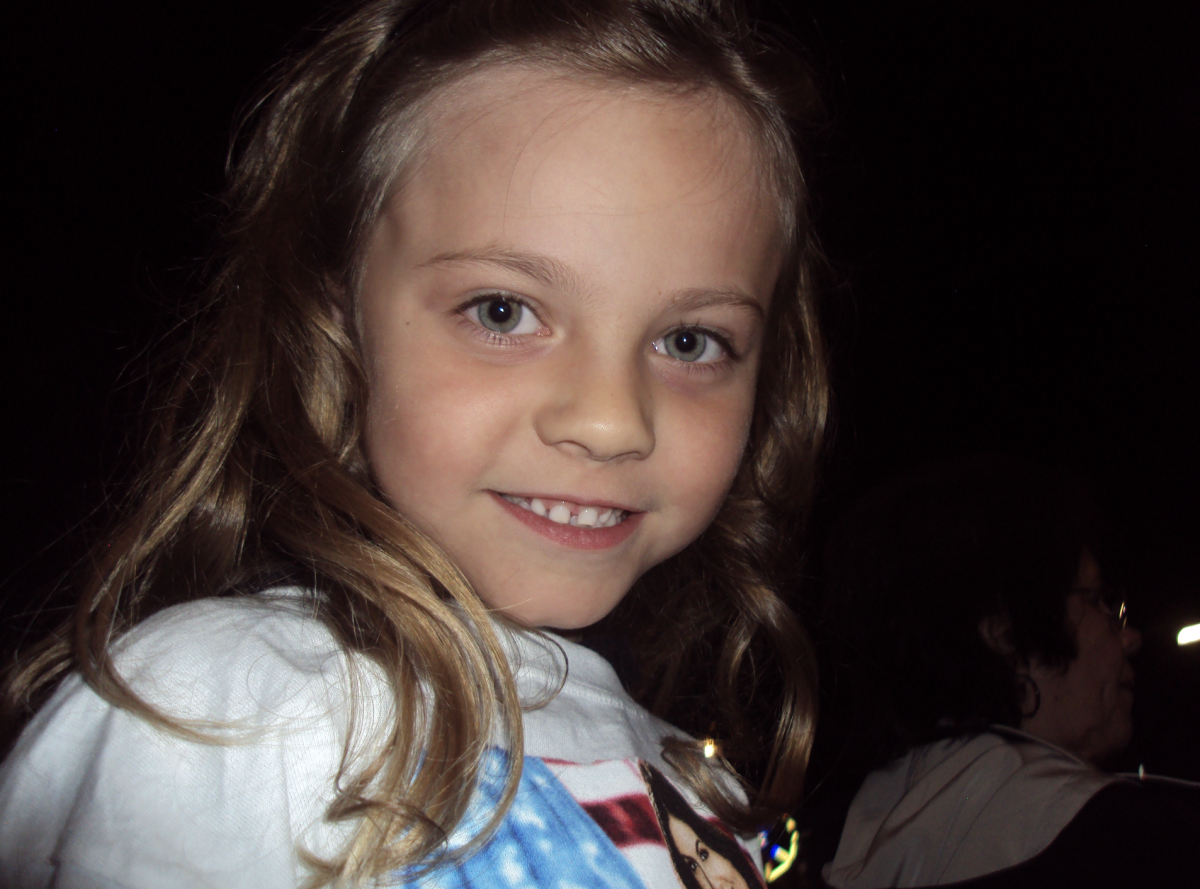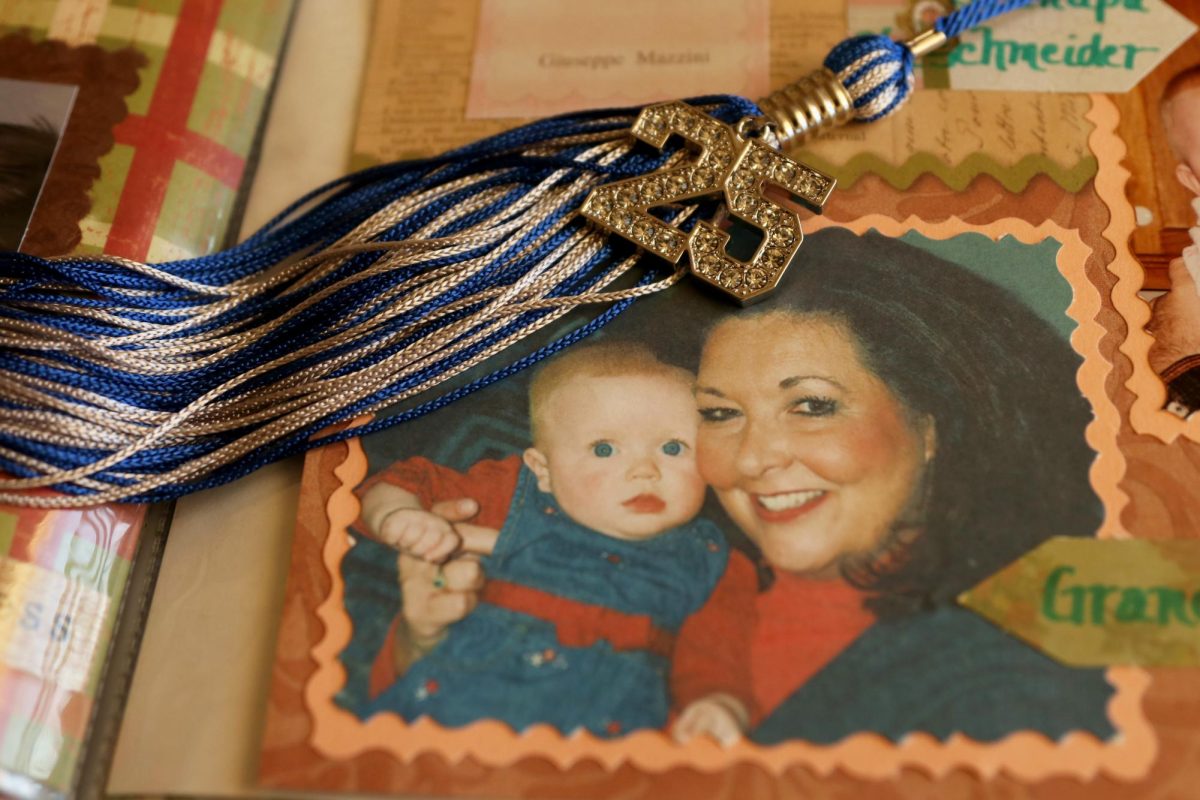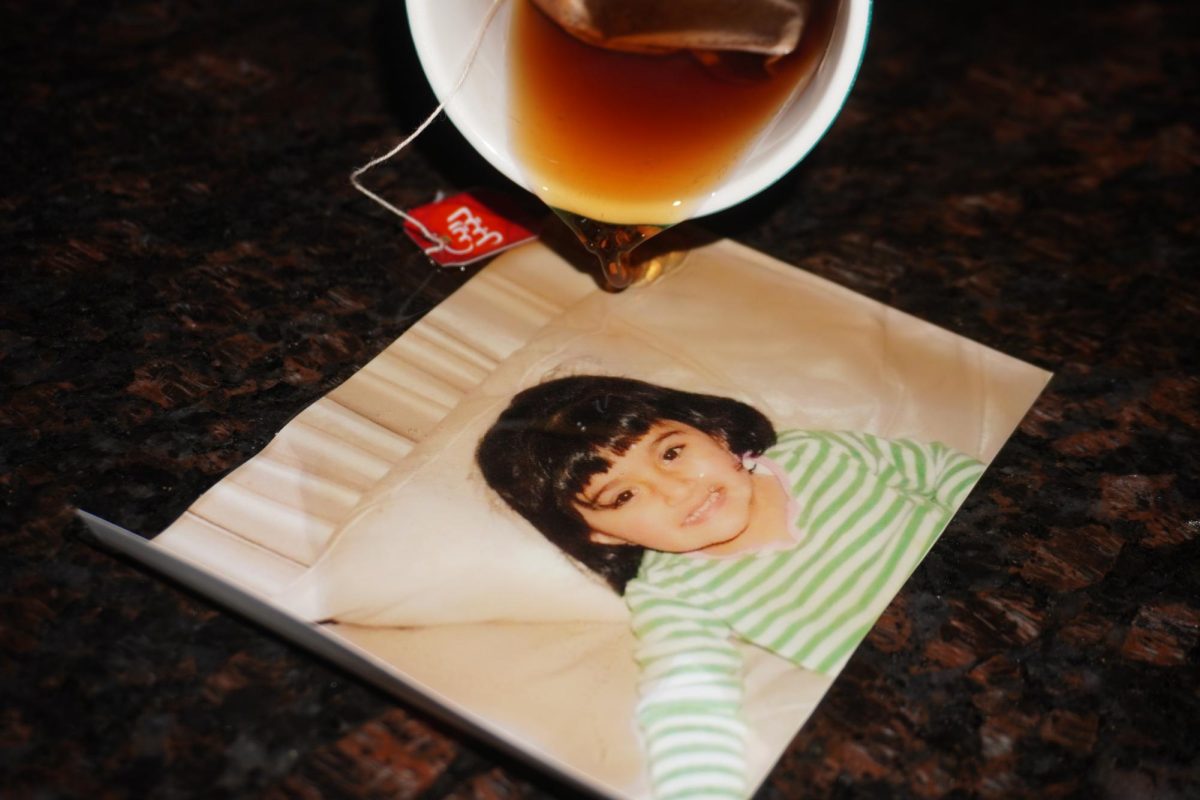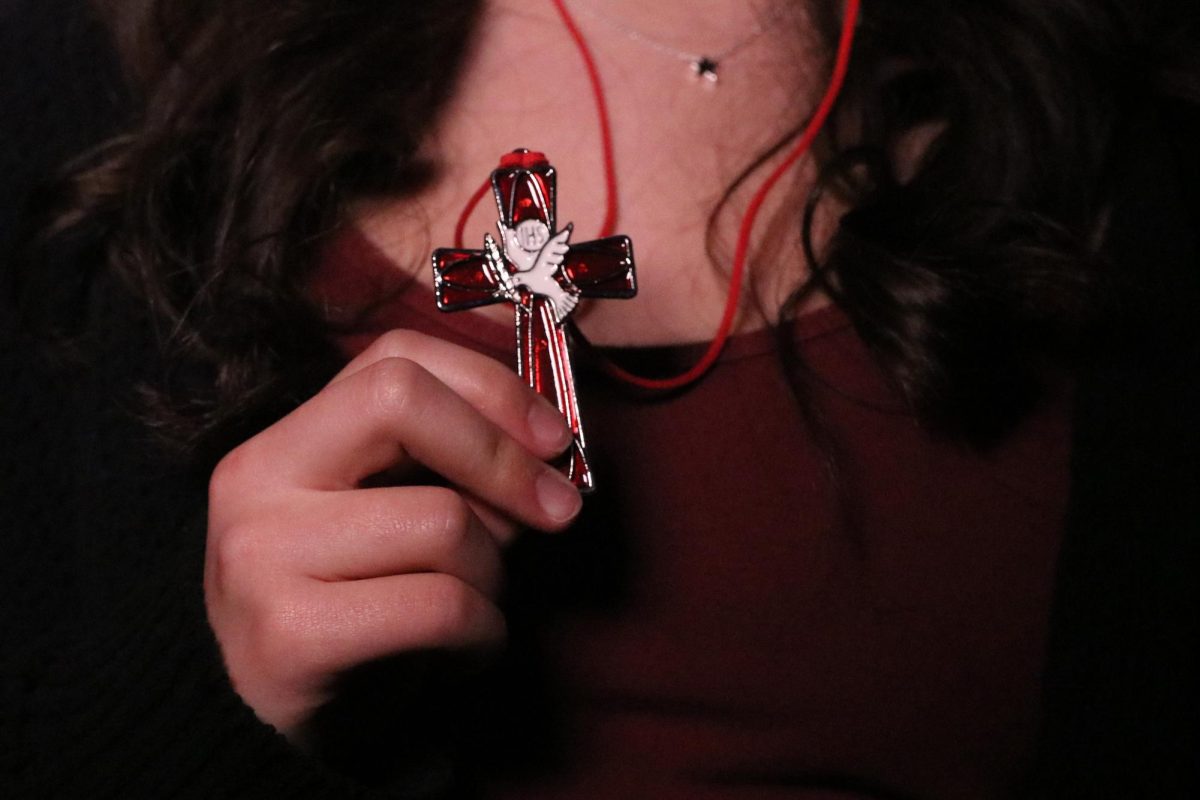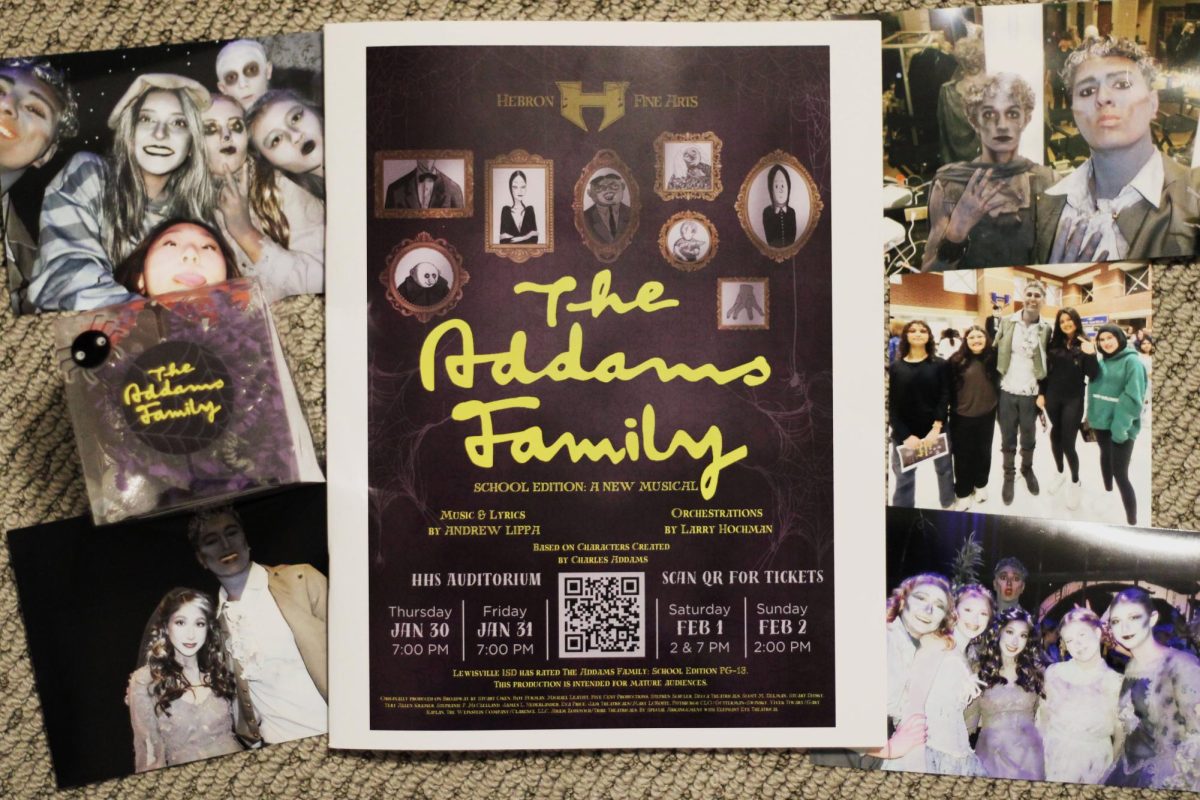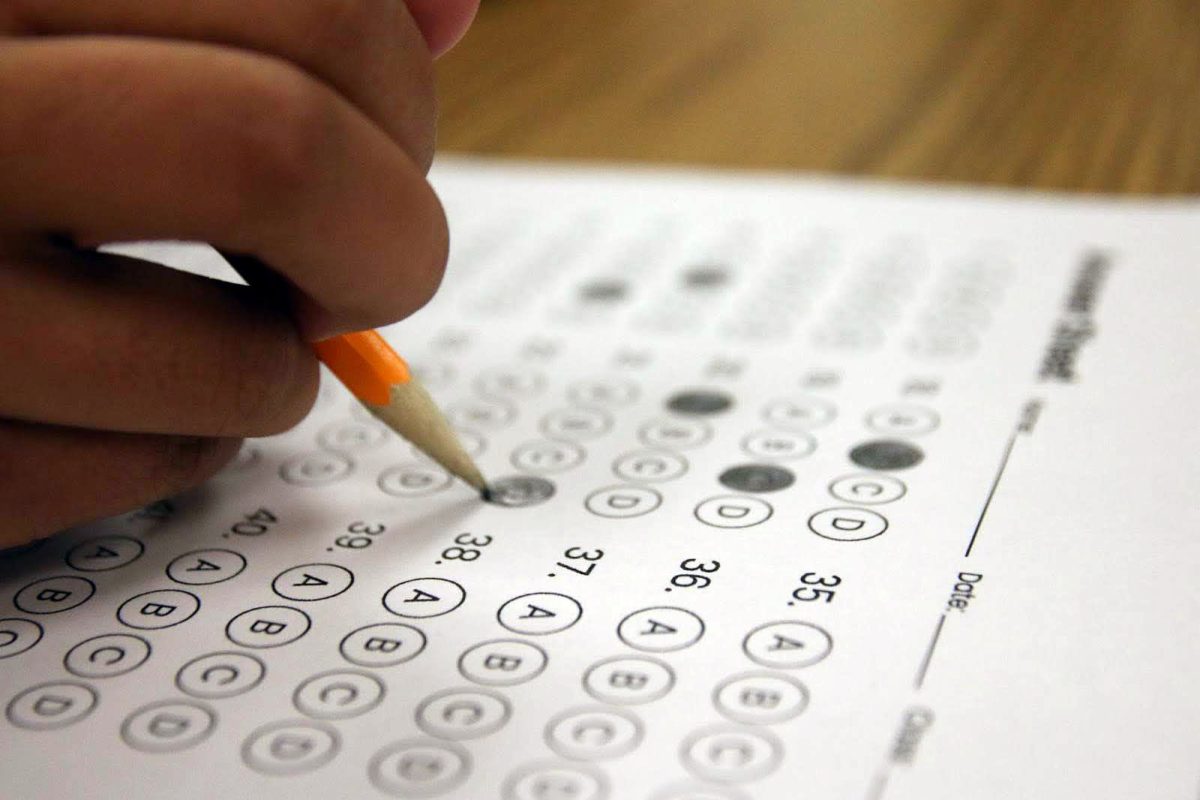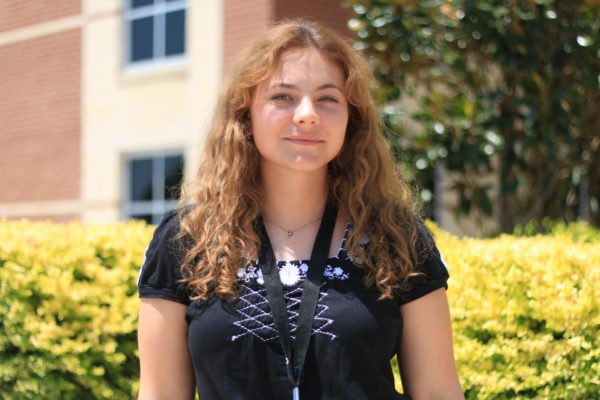It was Sept. 7, 2012.
I loved the show “Victorious” on Nickelodeon, and when I found out the main character – Victoria Justice – was performing at the Kansas State Fair, I knew I had to go. My mom and I headed for the Cellular Grandstand and watched her perform. She sang the theme song for Victorious, “Make It Shine.” Her concert became a core memory for me and my childhood.
Growing up, I was a huge fan of Nickelodeon, my favorite shows being “Drake and Josh,” “Victorious” and “iCarly.” When I would get home after school, I would run to turn on the television and watch the latest episodes from my favorite shows.
Nickelodeon became a core part of my childhood; however, after seeing Investigation Discovery’s documentary, “Quiet on Set: The Dark Side of Kids TV,” I’ve come to realize my childhood was given to me at the expense of other children: the ones on set.
As a child, I never realized the sexual innuendos hidden throughout Nickelodeon’s shows. I was too young to understand and far too naive to question what I was watching. Yet, looking back, several insanely inappropriate skits, jokes and lines on the show were said or done by the children on set.
Former Nickelodeon child stars have come out about their experiences with producer Dan Schneider and the rest of his staff, one victim being Drake Bell. In the documentary, Drake tells his experience of being sexually abused – multiple times – by one of the adult staff members, dialogue coach Brian Peck. When he came out behind the camera, showing his face and admitting to the heinous crimes done against him: I broke.
As the show flashed Brian Peck’s legal documents on the screen, I felt ill at the site of the crimes he had committed against Drake Bell. I had to look away from the documents plastered on my screen. It was too much for me to see, too much for me to even think about. While I got the privilege of looking away, Drake Bell didn’t get to choose to ignore these crimes. This abuse became his life.
Gaining stardom at such a young age can have detrimental effects on actors later on in life; one example of this is former child star Amanda Bynes. Amanda started her career on “All That” and was later given her own show, “The Amanda Show.” She was seen with Schnieder countless times, and their close relationship was often morally questioned. Amanda was arrested in 2013 for reckless endangerment, tampering with evidence and criminal possession of marijuana. She has also been diagnosed with bipolar disorder, a mental illness that affects the way someone thinks and dramatizes their moods.
The actress hasn’t acted in anything since “Easy A” in 2010, and has completely shut herself off from most social media. Amanda strays away from talking about Nickelodeon, and was recently put on a 72-hour psychiatric hold after a mental episode.
Amanda is one example of the child stars who were affected by Nickelodeon. While she has never publicly stated anything, she is reported to have had a secret Twitter in 2016. Due to her being in a conservatorship, she wasn’t legally allowed to speak about specific topics, one being Nickelodeon.
Child stars need more protection in the entertainment industry, especially with social media being a big part of today’s society. There have been detrimental effects done to young actors and actresses without any adult standing up for them. Children should not be watching or hearing sexual terms, and especially shouldn’t be acting them out. Adult jokes have always been hidden inside kid’s movies and shows; however, it should never be at the cost of children.
The television industry needs to change its methods, look deeper into the effects of stardom on children and keep their child stars safe. Too many children are getting hurt and abused in the process of making these hit TV shows, for the expense of a few minutes of satisfaction and money.
In a growing and revolutionizing society, we must help these rising child stars before it’s too late -– before they end up on a similar documentary.



